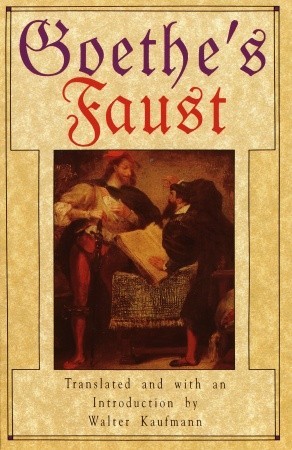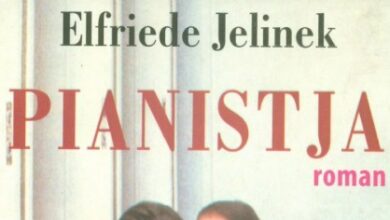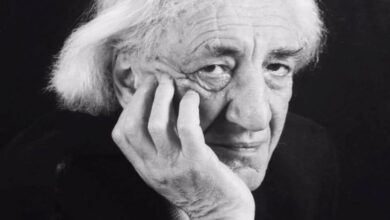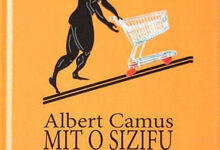Fausti Gete

Fausti Gete

The work deals with how man sells his soul to the devil for the sake of a love, and which, in fact, constitutes a long and difficult battle between man and the devil. In the work you will clearly see human weaknesses and devilish traps and you will understand the torment that some devilish desires give to man. The book begins with the agreement where the Creator emphasizes the goodness that is within man, while the devil, Mephistopheles, insists on the opposite. This agreement is made on Dr. Faustin and the events that take place around him. Mephistopheles’ evil spirit defends the thesis that man can be easily led astray. With the permission he has received from the Creator he sets to work to get Faust out of the right path. Faust, burning with the desire to have infinite power, will sell his soul to the devil; indeed, he will want to be guided by good, but by following the devil, he will sink into error. Doing so will make those around them unhappy and become part of their bad ending.
Faust is not just a worldview universe in terms of the breadth and variety of ideas, which are treated, mentioned or simply seen in it and which are constantly discovered or unfolded in a new light before us, whenever we get to read or reread the whole work or part certain of it.
“Faust” is not just such a work – as there is generally not much in world literature – that in every scene, even in every episode and every page helps us to understand not just the past but also the time we live. In short, “Faust” is not just a kind of academy of knowledge, seen as not only encyclopedic, but also systemic knowledge.
“Faust” is also a rare work of art, from which we learn how to feel morally what is good and what is bad and how to distinguish aesthetically beautiful from ugly. In short, “Faust” is also presented to us as a real school of education and an academy of fine arts. In this academy of knowledge and fine arts, in this school of education, everyone is free to take and leave whatever he wants, but it is impossible not to find something to attract him with the light of thought, the warmth of feeling and the liveliness of experience.
Faust, at the end of the reading leaves us not just the impression of a tragedy, although the tragic spirit accompanies us all the time, nor just the impression of a work of art, no matter how magnificent it may be. But like all great and magnificent works of art, it gives us a wealth of thoughts, impressions and experiences, which can not be summarized in a single category of human literary and artistic creativity.
At the end of “Faust” we remain absorbed in thoughts about our lives and about the meaning of human life. And we come to understand that for Goethe the divine is work, while the devil is anti-work. We feel as if we had swallowed a good, profound and authentic work where philosophy, history, music, paintings, architecture are intertwined.






